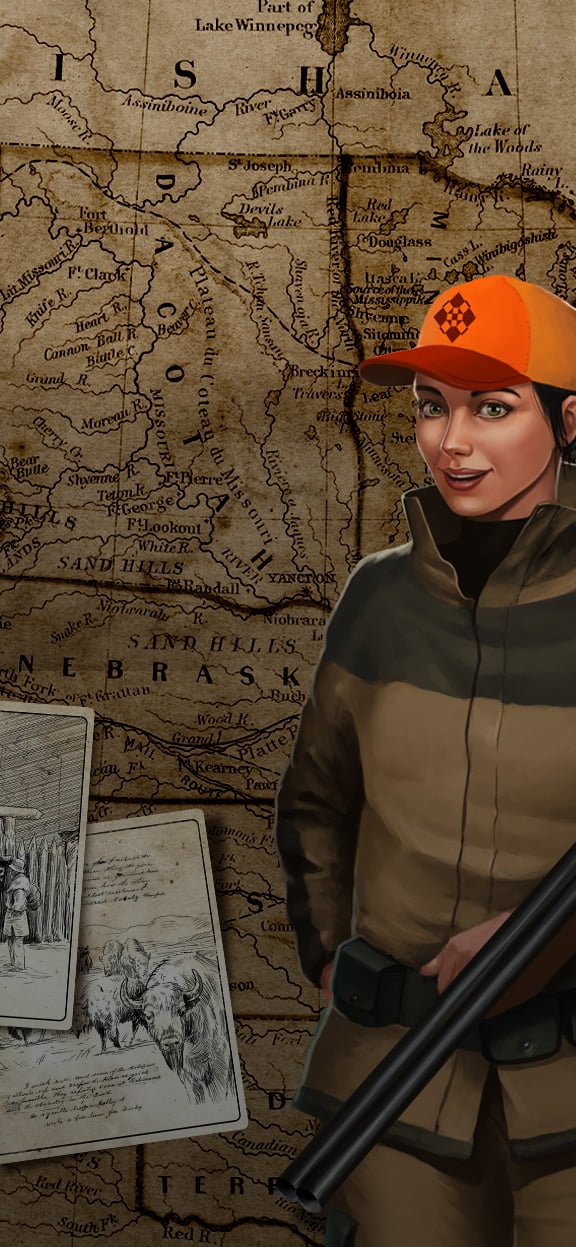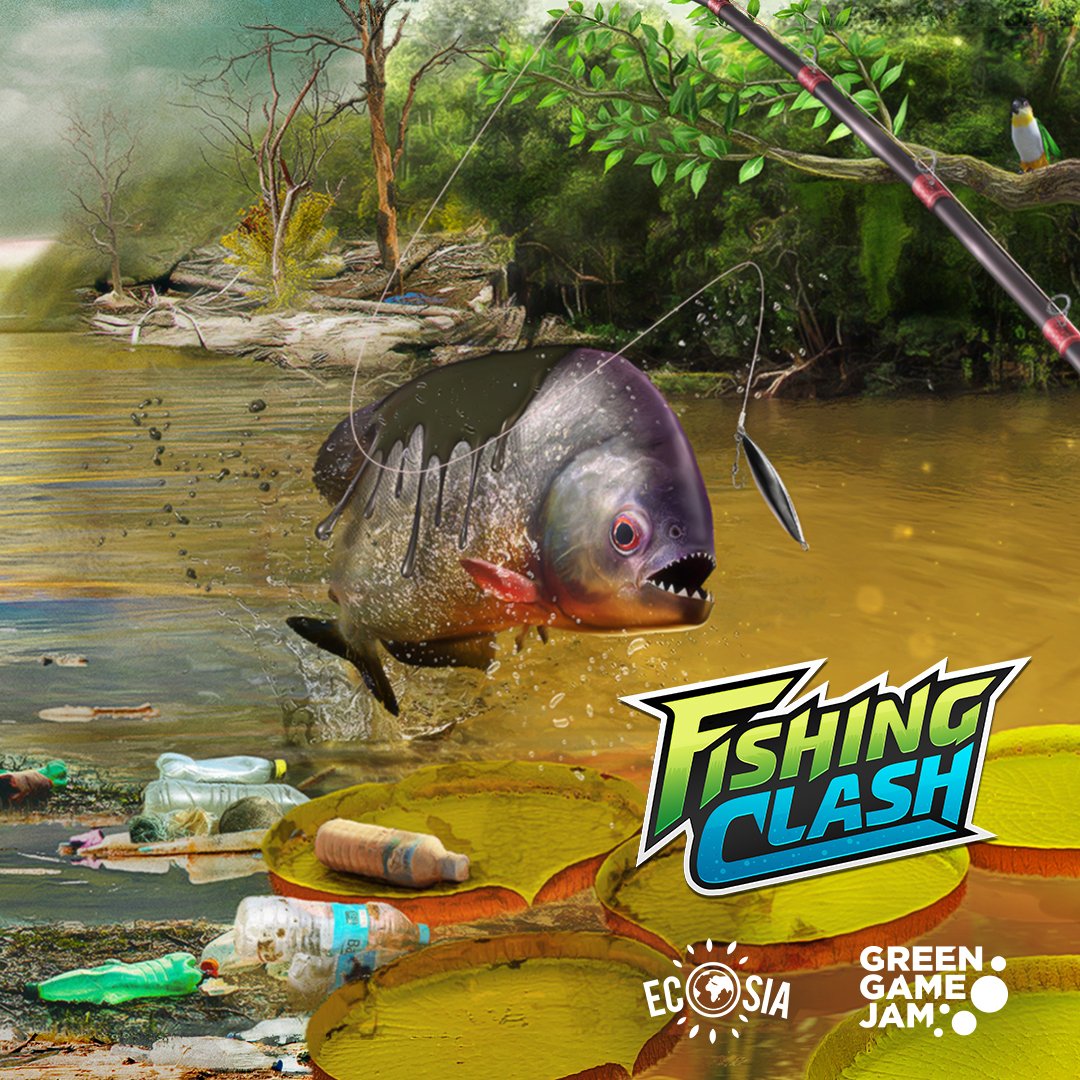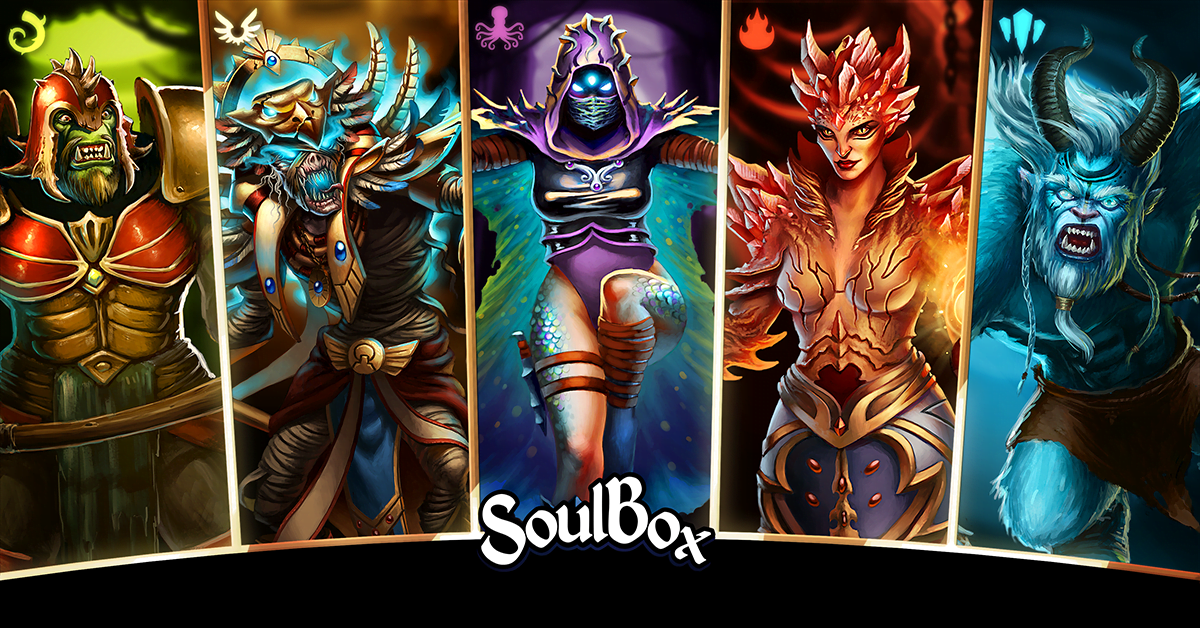




All images in this article have been generated using MidJourney.
After a few years of speculation, towards the end of 2022, AI tools took the world by storm, changing the way we perceive work and bringing about some important questions about the future. At TSG, one of our core values is #DareToExplore, meaning our brave team went straight to work on discovering new ways to use technology in order to improve our processes and come up with new ideas.
That’s why we talked to some of the team TSG members pioneering the use of AI in many different areas: game development, production and design, art, user acquisition, customer service, localization, and copywriting, to see how they’re using it, and where do they see the future of AI in our industry.

Another TSG value is #ChangeFast, the ability to adapt to new circumstances. So, when AI exploded onto the scene recently, our teams immediately set their sights on finding a use for it.
Krzysztof Samborowski, Production Manager in Undead Clash, sees how his team is using AI on a daily basis.
“I feel that currently, AI is crawling into our area with little steps. There is a lot of buzz, and people are showcasing a lot of cool things that they can use it for, but it’s really hard to say when it will have a real business application. We are still in an adaptation phase, and it’s going to take some time before our real use cases emerge.” Krzysztof says.
At the forefront of that exploration, Marcin Kolarczyk, a Developer in the Fishing Clash team, is already discovering the possibilities of AI.
“Currently, the most beneficial AI tool for me is ChatGPT. As a developer, I spend a considerable amount of time searching on Google for things like: how to configure tools I use, programming libraries documentation, common problems solutions, etc.” Marcin says,” I often find that ChatGPT provides faster and more accurate answers to my questions than Google. ChatGPT answers have to be validated, as they could be completely wrong sometimes, but it greatly extends the power of Google” he adds.
For others, like Ewa Dacko, Localization Team Lead, AI has been around for longer than for developers or artists.
“In linguistics, AI solutions like neural machine translation engines Google Translate or DeepL have been around for quite some time now. While they’re very helpful, they still can’t replace humans, or deliver the translation quality players expect. If you don’t believe me, just google “game localization failures” to find some hilariously tragic examples!”, Ewa laughs.
Ewa isn’t the only one to have been around solutions using AI for a while.
“Yeah, the tools that Ewa mentioned have been around for a while now, and just as she said — while they’re helpful, they can also lead to some horrible fails when you’re not careful. As for Chat GPT… I use it. But I definitely don’t let it write my copy.” says Adam Kościelak, Copywriter, “For now, my biggest use, similarly to Marcin, is research. Whenever I need to write something like an animal description for Hunting Clash, rather than rummage through Google, I can simply ask the chat for a bite-sized summary of some fun facts about the animal, spot the ones that I feel the players might enjoy as a bit of flavor text, and synthesize it into a catchy little blurb.”
Grzegorz Gierczyk, Head of Game Services, is also a fan of the tool, but for a completely different reason.
“We actually started using Chat GPT to create training scenarios for Customer Success, as it can do a great job of simulating player behavior in a variety of ways based on given personas. We then discovered that we could also use it to paraphrase our responses in various tones, saving a lot of time for our team and improving customer satisfaction,” he explains.
Finally, for some, AI is a great way to stimulate creativity.
“Having a bot that produces a nearly infinite amount of ideas really helps me when problem-solving and coming up with new things.” Samborowski says, “The fact that it’s quasi-intelligent only adds to the benefit it brings to the table.”
“I actually agree, especially from a User Acquisition perspective.” Serhii Hrytsiuk, UA Lead in the Growth Team adds, “marketing as a whole is currently in a sort of creative rut when it comes to creating marketing materials. The industry often copies what’s working for others. Tools like Chat GPT and Stable Diffusion can help us break through that rut and try something new and out of the box, that players will respond to, which will definitely benefit whoever learns to use it faster.”
“Since we’ve mentioned Stable Diffusion, yeah, I think it has the most potential when it comes to 2D art pipelines, since it allows us to really save time.” Juan Pardo, Art Lead in the Undead Clash team, responds, “while it’s still hit and miss for a lot of tools, there’s definitely a lot of potential, with the software increasing the control you have over the outputs, which is very promising . Another use I find interesting is that non-artistic people can save a lot of time on both ends by using AI tools to present their vision to artists.” he adds.

All of our interviewees acknowledge that AI is still in its infancy in many ways, but the potential is there. Marcin Kolarczyk, in particular, had a lot of ideas:
“I see AI benefitting smaller studios by reducing their costs of creating content like translations, music, or art. That will translate into higher quality games being produced by small teams of one to three people. More broadly, I think we’re going to see a lot of quality-of-life improvements, like tutorials that you can type your questions into, better NPC dialogues with dynamically generated interactions, or even games where voice is your only input device. That’s just some of the ideas off the top of my head.” he laughs.
Juan definitely agrees.
“Yeah, it’s hard to say because everything is changing so fast. This basically opened a Pandora’s Box of sorts, so… the sky’s the limit, I guess?”
“I think from a production standpoint, the biggest difference will come in reducing the amount of mundane work that takes a lot of time and the optimization of what we do every day, reducing human error. I don’t think it’s going to replace humans or anything like that, but simply, allow us to work more efficiently and focus on the fun parts.” Krzysztof says.
“I definitely agree—the core of our work is still human, and I think it will remain so.” Ewa adds, “ for me, the main part of exploring AI is discovering how it can make our work easier. Somebody will still have to check its work, input the prompts, and ensure that everything checks out. We will keep discovering how we can take part in this exciting revolution.”
“From a content creation perspective, I believe we’ll be seeing an interesting arms race. The ability to use AI to optimize content towards algorithms may result in countermeasures that will promote human-created content due to the potential critical mass of AI-produced creations. That’s all just speculation. I will agree though, that the biggest change will be the mundane parts, like transcribing videos, repetitive content checks, etc.” Adam summarizes.

Popular culture has trained us to be afraid of AI. The Terminator, Matrix, and Avengers, all had apocalyptic visions of the future. Of course, “our” AI isn’t quite Skynet or Ultron, so we won’t be having to build Zion any time soon. Regardless, the rapid development of AI technology has some fearing for the future of human jobs in the industry. So, will robots take over? Should they be regulated?
“They definitely won’t take over.” Samborowski laughs, “AI is a tool that will help our teams, not take over, and I don’t think that will change anytime soon, so I don’t see much of an ethical conundrum.”
“I agree, you can’t really make a broad statement about it, although everything has to be viewed on a case-by-case basis. The technology itself is neutral. However, the way it’s trained, what datasets we use, and so on might bring about that question. I’d compare it to nuclear power, it can be used both as a source of energy and a weapon. It’s up to us to be careful with it.” Kolarczyk explains.
“If I were to add on to that, I know the Art community had a big backlash toward AI, since there have been a lot of questions concerning the ownership of the art used to train it. To add to that, we also don’t know who will be the owner of AI-generated content. It’s a kind of Catch-22 where anyone can make small AI art adaptations to your art, and then you can do the same to them, and so on, making it the Wild West of adaptation and readaptation right now.” Pardo adds
“Yeah, it’s anything but simple, but maybe it’ll be the catalyst for broader legal changes that have been needed ever since the dawn of the internet,” Kościelak explains, “however, I think the biggest issues, for example, AI face recognition, lie outside of gaming, so I won’t be getting into that.”
“Intellectual property is definitely one of the issues, and from a linguistic perspective, there are a lot of interesting ones too.” says Ewa Dacko. “For example, should MT engine developers add mechanisms to eliminate linguistic bias? Or maybe assume that the language of machine translators or writing assistants is supposed to reflect reality as closely as possible, that is, the – biased and imperfect – language “spoken” by the Internet? Should such a bias be covered by anti-discrimination laws? There are a lot of technical, legal, and ethical questions like this that need to be answered. Overall, I’d agree with Mira Murati, the CEO of OpenAI—we need to start talking about regulation now.” she adds.
So, while robots won’t be taking over our world anytime soon, it’s extremely probable that AI will be taking over our workdays. That’s why, at TSG, we will keep exploring the ways that we’ll be using the tool to make our games better, and we’ll definitely keep you in the loop as we keep exploring. Stay tuned!

Between May 9th and May 15th, the entire Ten Square Games team was able to…
read more
Read the article about our history that appeared in Spidersweb.pl on 30th of September 2021. Things are…
read more
Last year, Fishing Clash players celebrated World Water Day by fishing for extinct species, with…
read more
We're proud to announce that Soul Box, our new game for mobile devices , is…
read more